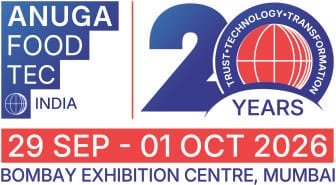Quality Management in the Food Industry
Food quality management is essential for ensuring that products are safe, consistent, and trustworthy. Its primary goals include protecting consumers, maintaining brand reputation, meeting regulatory requirements, and improving operational efficiency. The importance of quality management in food industry lies not only in safeguarding health but also in building long-term consumer trust.
To achieve these objectives, companies adopt globally recognized frameworks such as HACCP in food industry, ISO 22000 certification, Good Manufacturing Practices (GMP), and GFSI standards. These systems provide structured approaches to identifying hazards, preventing contamination, and maintaining consistency across the supply chain.
The benefits of HACCP in food quality management include proactive risk control, streamlined operations, and greater regulatory compliance. Similarly, ISO 22000 certification and GMP ensure standardized procedures that enhance safety and efficiency while boosting credibility in global markets.
By addressing challenges such as contamination risks, supply chain inconsistencies, and compliance requirements, the industry strengthens both safety and quality. Through continuous improvement and adoption of global standards for food quality and safety management, food businesses can protect consumers, reinforce brand trust, and contribute to a healthier, more resilient future.











